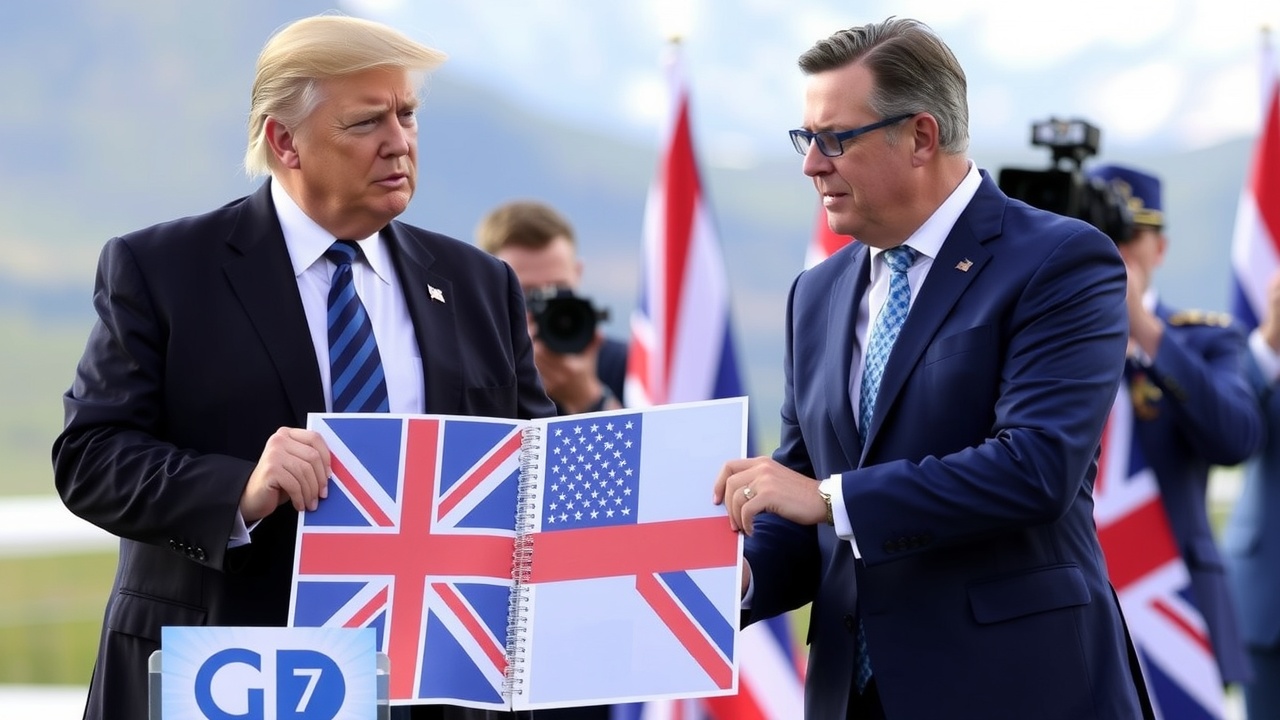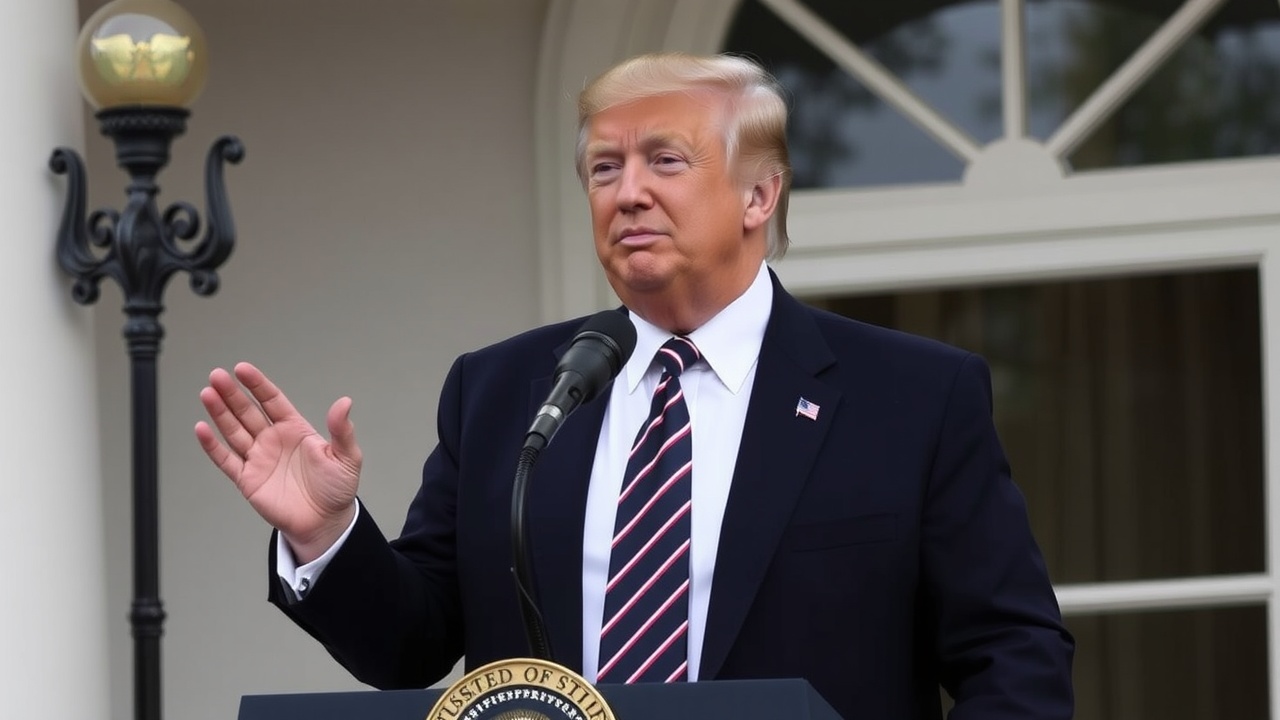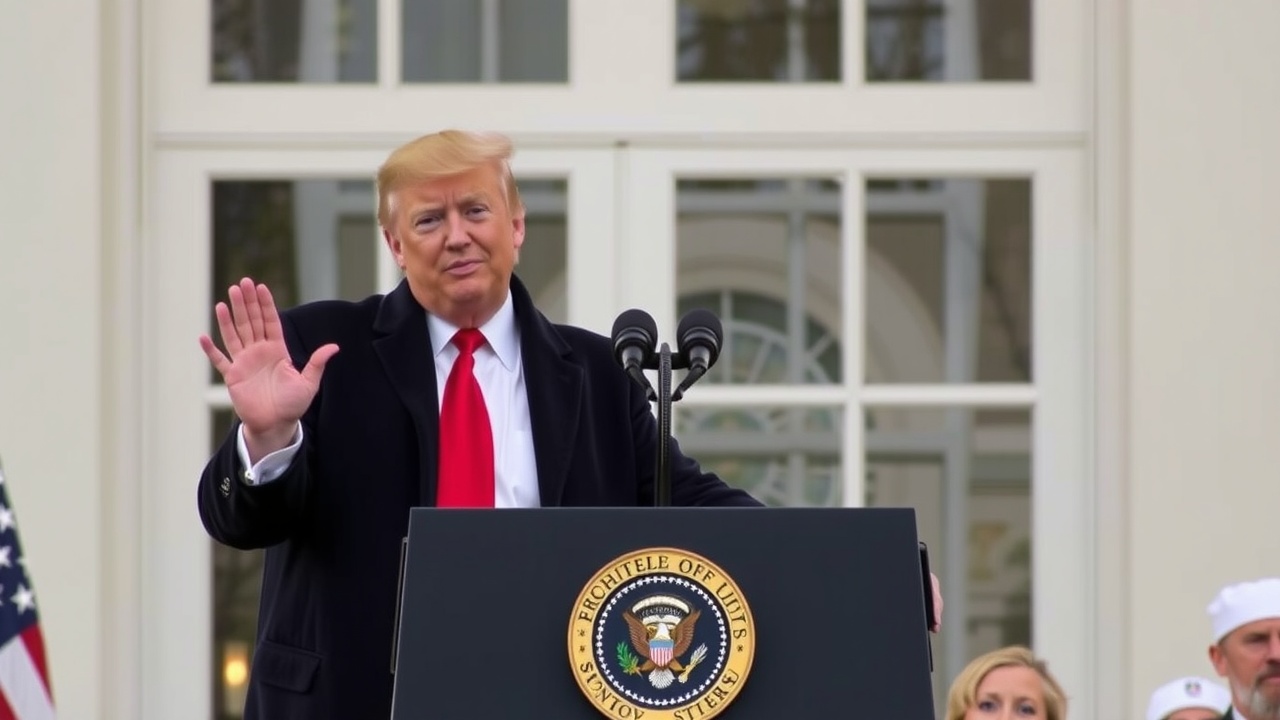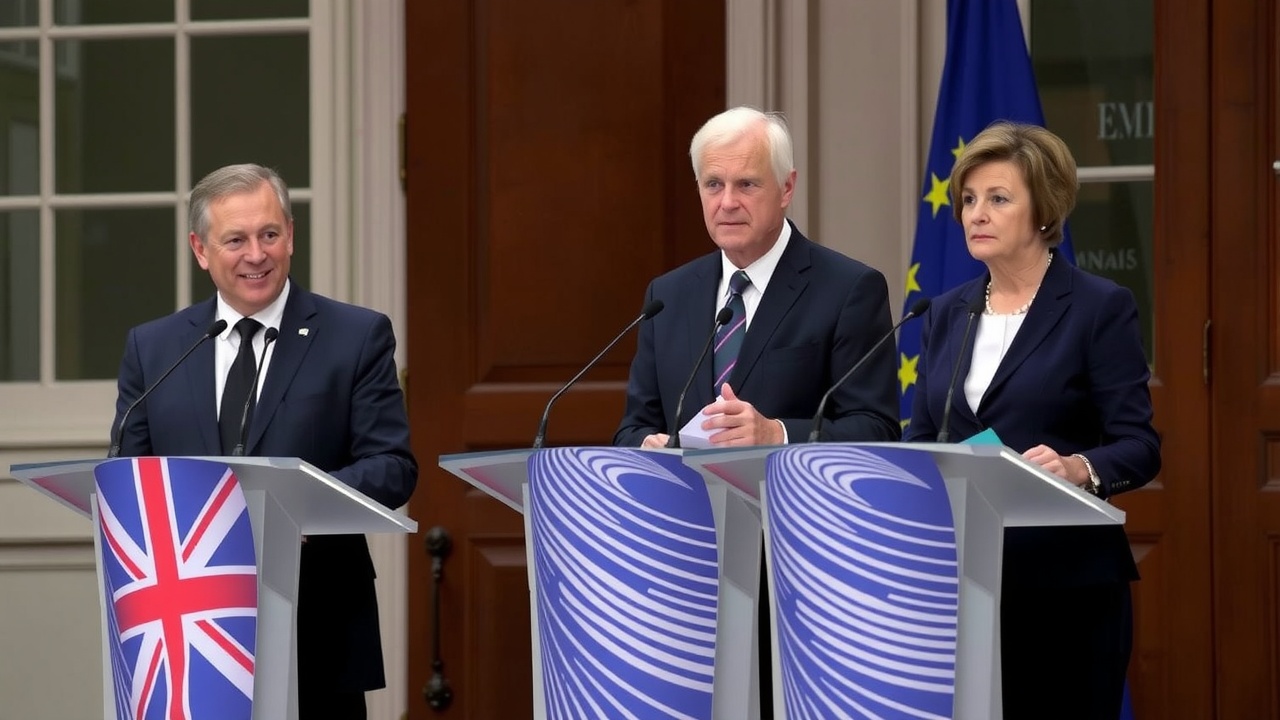
Sections of the UK-US trade agreement have been confirmed by an order signed by Donald Trump; however, 25% steel and aluminum tariffs are still in effect
On Monday, June 16, Donald Trump signed an executive order lowering tariffs on UK auto and aerospace exports. Shortly after the US president's meeting with Prime Minister Keir Starmer at the G7 Summit in Canada, the order was signed. In May, they first revealed the UK-US trade agreement.
The 25% car tariff will be lowered to 10% on a quota of up to 100,000 vehicles. There will be no more aerospace tariffs, down from 10%. Seven days following its publication in the Federal Register, the order will take effect on June 23.
Although the agreement is a success in many ways and reflects the favorable treatment Trump has given the UK thus far, 25% steel and aluminum tariffs are still in effect while more details are worked out. Planned last month, these were supposed to be cut to zero.
The Chinese ownership of British Steel may be a point of contention, according to reports. After the legal owner, Jingye Group, affirmed its plan to shut down the Scunthorpe blast furnaces, the UK government assumed operational control of the business in April. There are rumors that the government is considering nationalizing the business.
Even after Trump doubled the metal tariff in early June, the current 25 percent rate is still less than the 50 percent rate that other nations are subject to. In a Trump-signed executive order, the UK pledged to comply with US standards for supply chain security and production facility ownership.
"We agreed this deal with the US to ensure jobs and livelihoods in some of our most vital sectors were protected, and since then we have been focused on delivering those benefits to businesses," said Jonathan Reynolds, the secretary of business and trade, in response to the agreement.
While it may take several months to bring trade agreements into effect, we are completing the first set of agreements in just a few weeks.
In addition, the Department of Business and Trade stated that it would keep moving closer to the May agreement with the US to impose zero percent tariffs on core steel products.
Will tariffs be removed on steel?
The steel and aluminum sectors are in a state of uncertainty due to the most recent executive order. The US, which accounts for about 9% of UK steel exports, is the metal's second-largest export market, with a value of about £400 million.
Despite this, industry group UK Steel stated that Monday's news, which indicated the UK-US deal had advanced further, "heartened" it. Both the US and UK governments have stated that, provided specific requirements are fulfilled, tariffs will eventually be lowered to zero.
UK Steel director-general Gareth Stace stated, "Today's meeting demonstrates that the prime minister is personally taking responsibility for the long-term relationship of our steel industry with the US market."
"We anticipate that we will soon reap the benefits of a tariff rate reduction comparable to what the automotive and aerospace sectors will experience in just seven days.
The industry "badly needs clarification" regarding the US requirement that steel be "melted and poured" in the UK in order to be eligible for a tariff exemption, according to Stace. Also, the industry is looking for more information about quotas.
The Department for Transport announced separately on Tuesday, June 17th, that British Steel will supply Network Rail with at least 337,000 tonnes of steel over the next five years as part of a new 500 million rail contract.
The rail contract will preserve the jobs of thousands of steelworkers, according to the government.
What effects will the US-UK tariff agreement have on the auto industry?
Last year, the UK economy benefited from 21 billion pounds from the production of motor vehicles, or 0.9 percent of total economic output. Making automobiles for export is a significant portion of the work done by the 139,000 people employed in this industry.
With about 27 percent of the total last year, or 9 billion cars, the US is the UK's biggest export partner.
According to Mike Hawes, CEO of the Society of Motor Manufacturers and Traders (SMMT), the deal is "great news" for the auto sector.
Hawes continued, "This will be a huge reassurance to those that work in the sector and bolster the confidence of our important US customers, but we wait to see the full details of the deal and how it will be administered."
The FTSE 100 dismissed the deal this morning, starting the day 0.6 percent lower as headlines focused on other stories, such as additional missile strikes between Iran and Israel. When the trade agreement was first announced in May, it was also priced in.
Before reversing course this morning, the UK automaker Aston Martin Lagonda opened higher. It was down by about 0.6 percent during today's trading session shortly after 12:30 p.m. In general, Rolls-Royce is flat.














Leave a comment on: The steel industry is still in limbo while Trump and Starmer finalize trade deal details